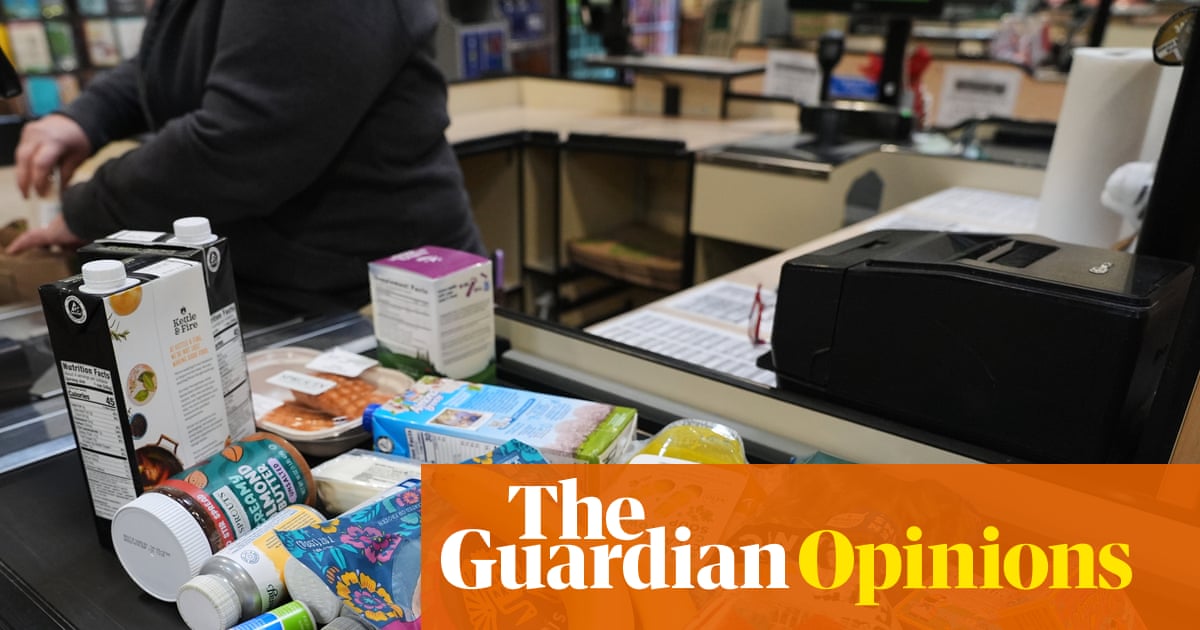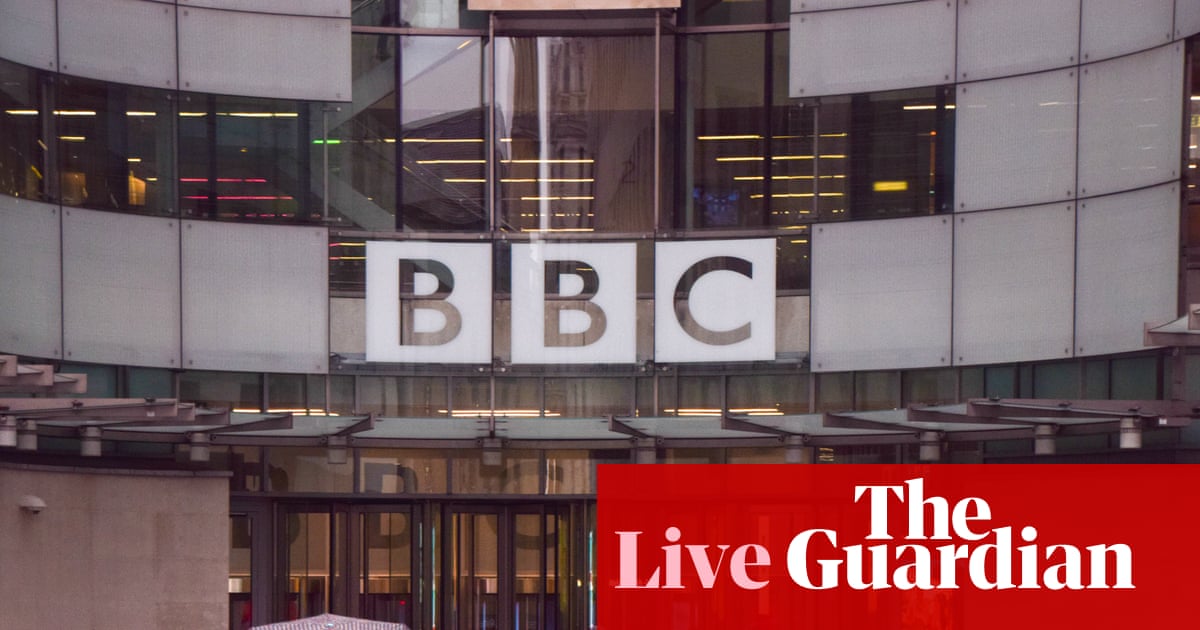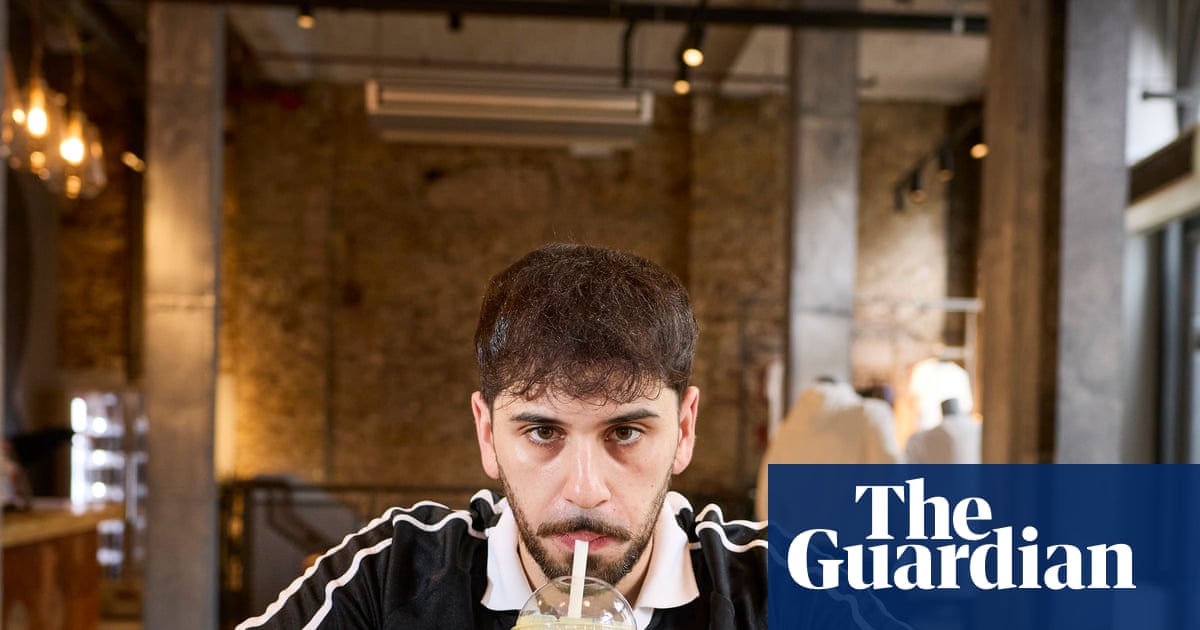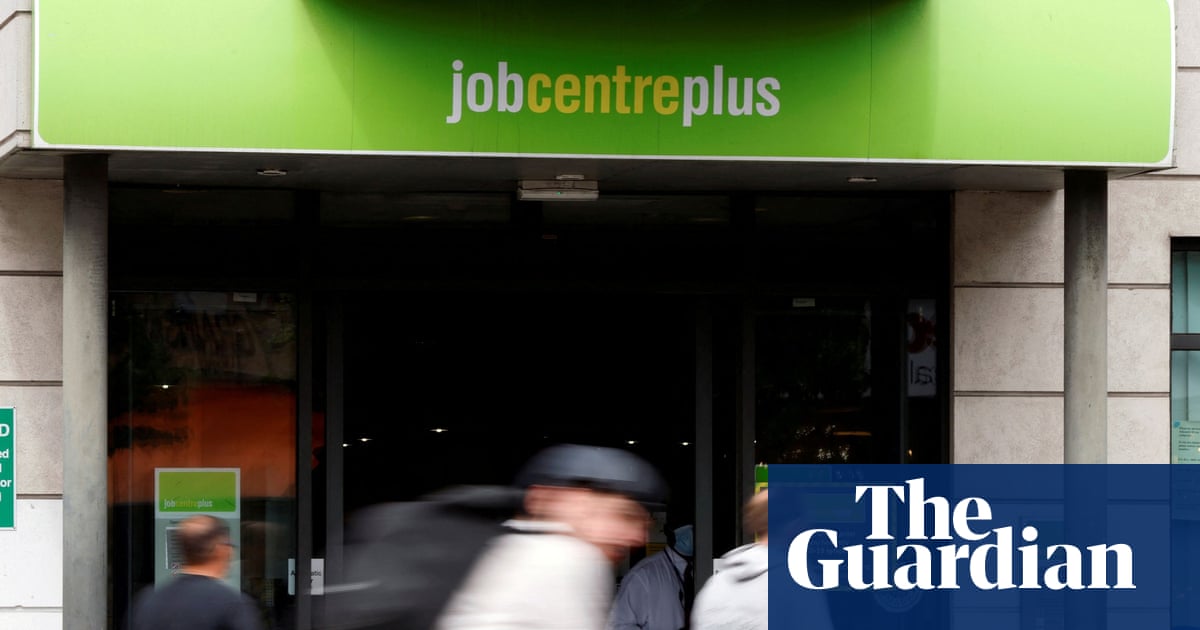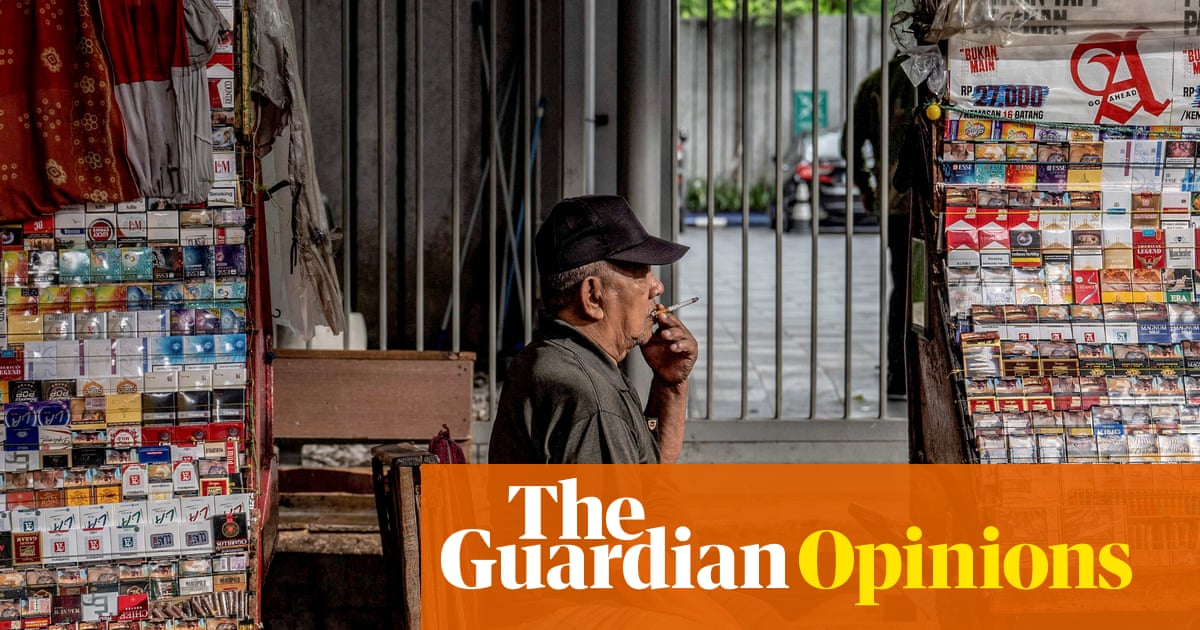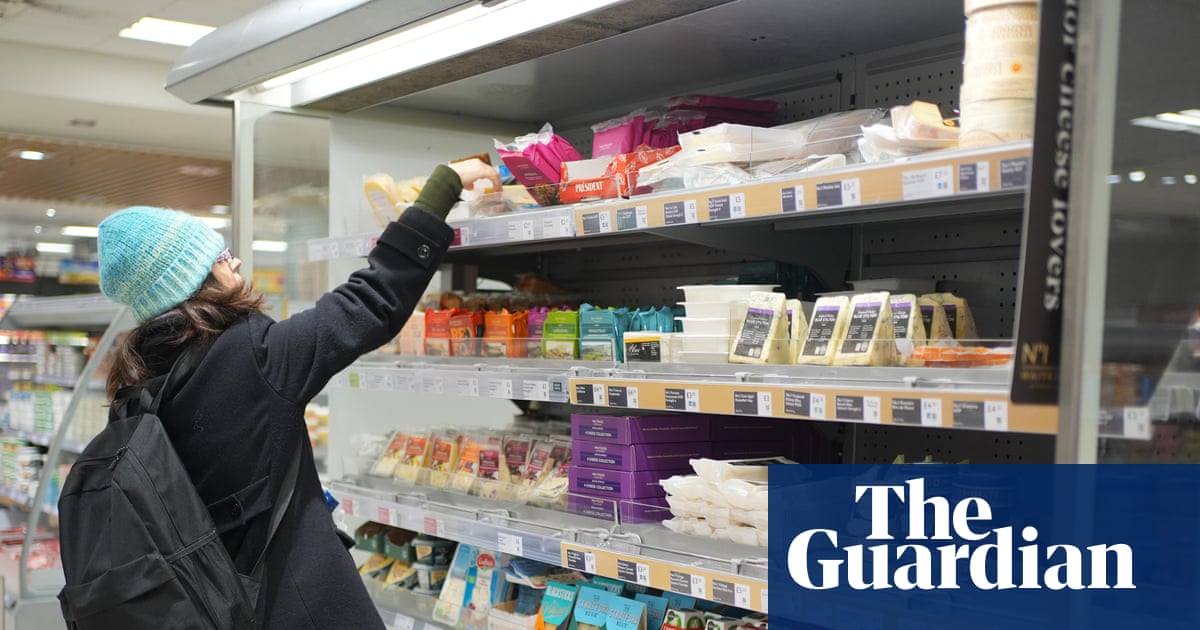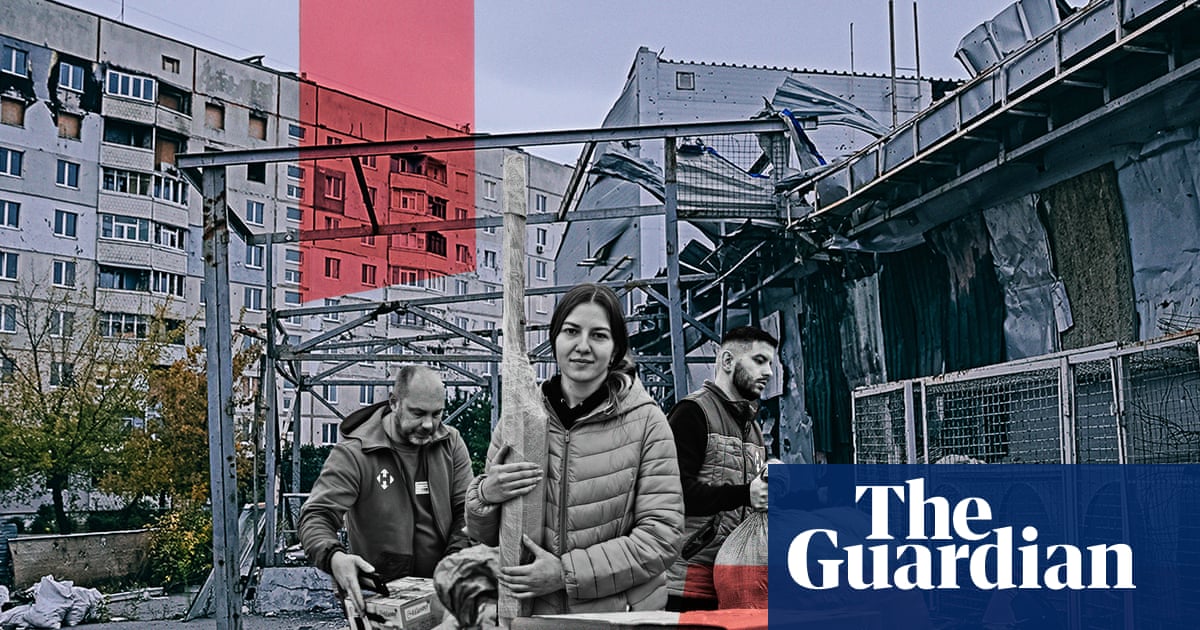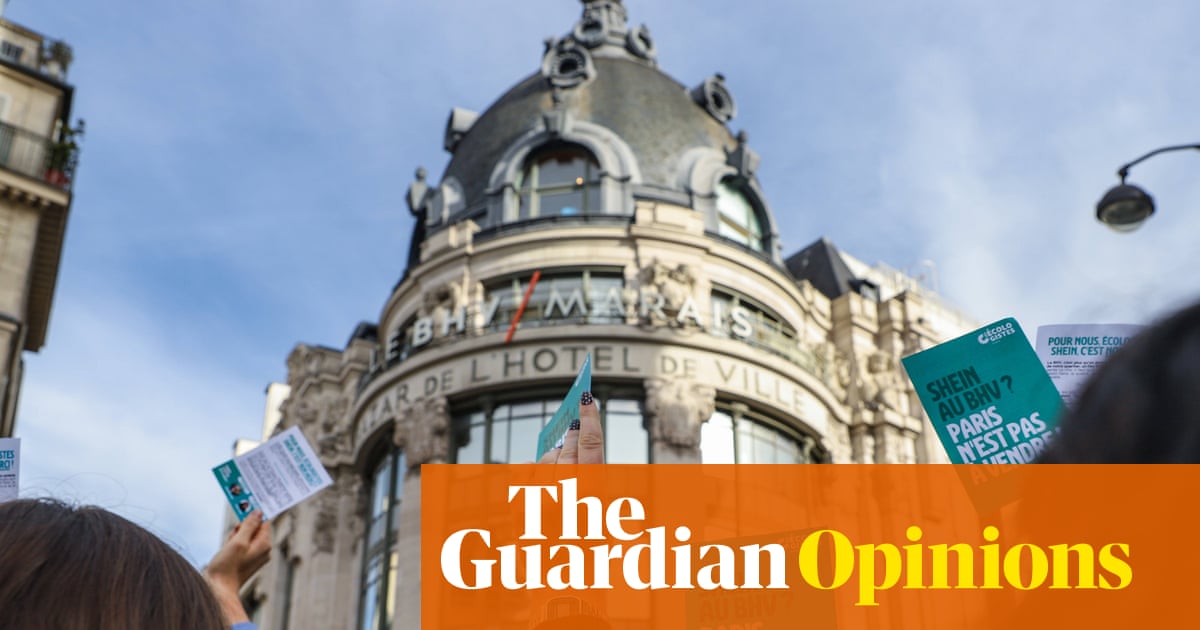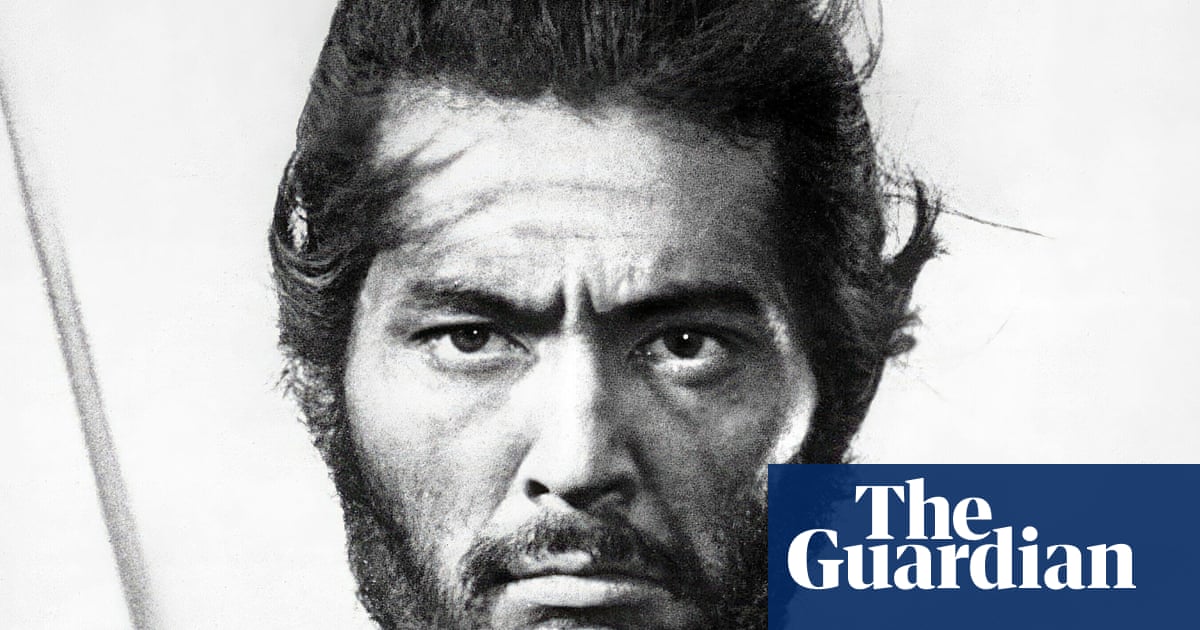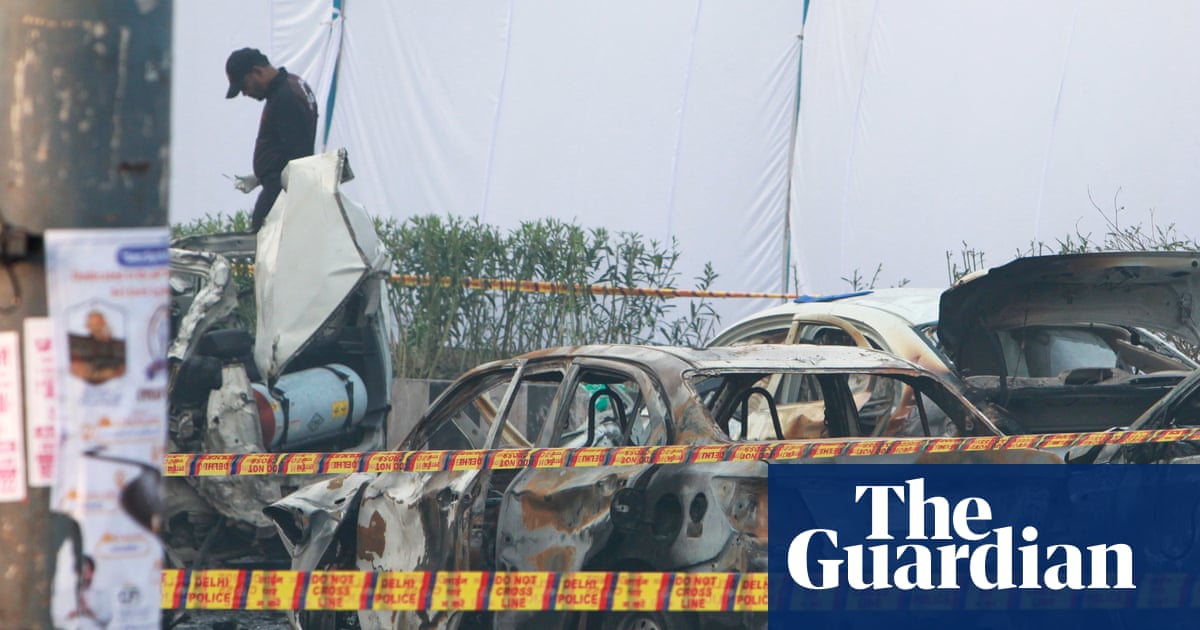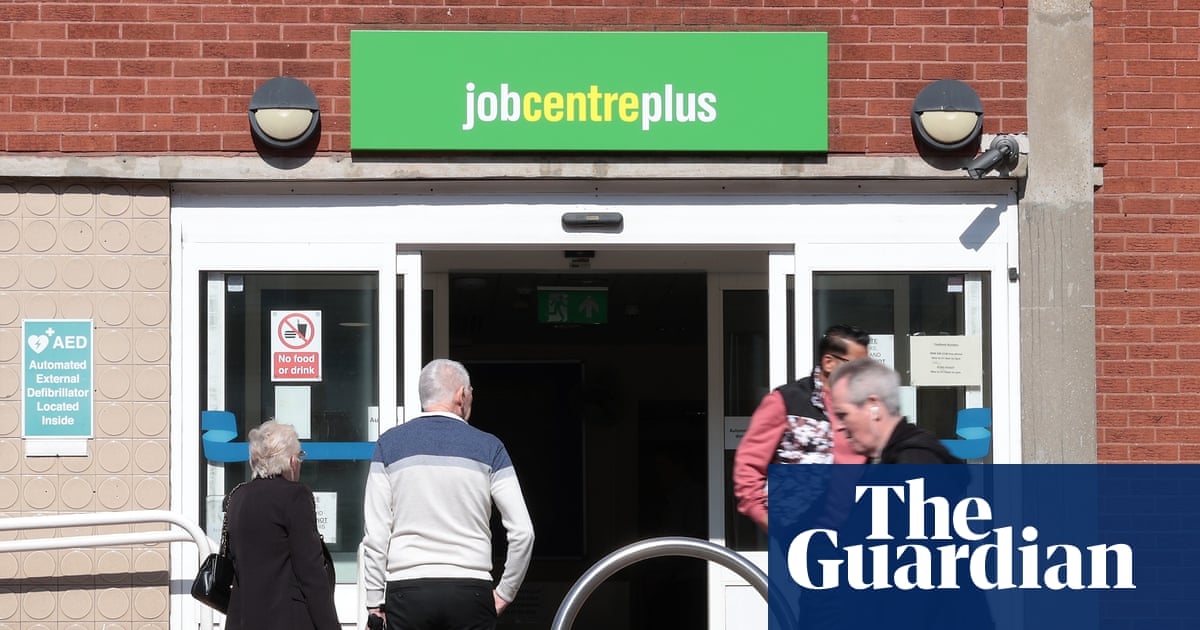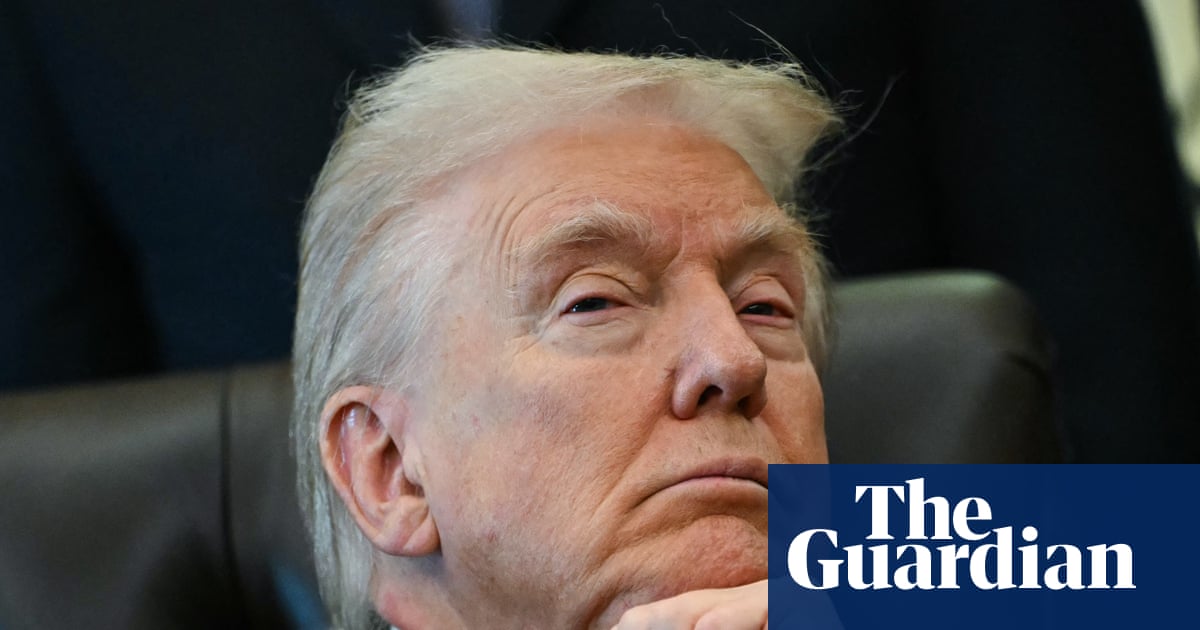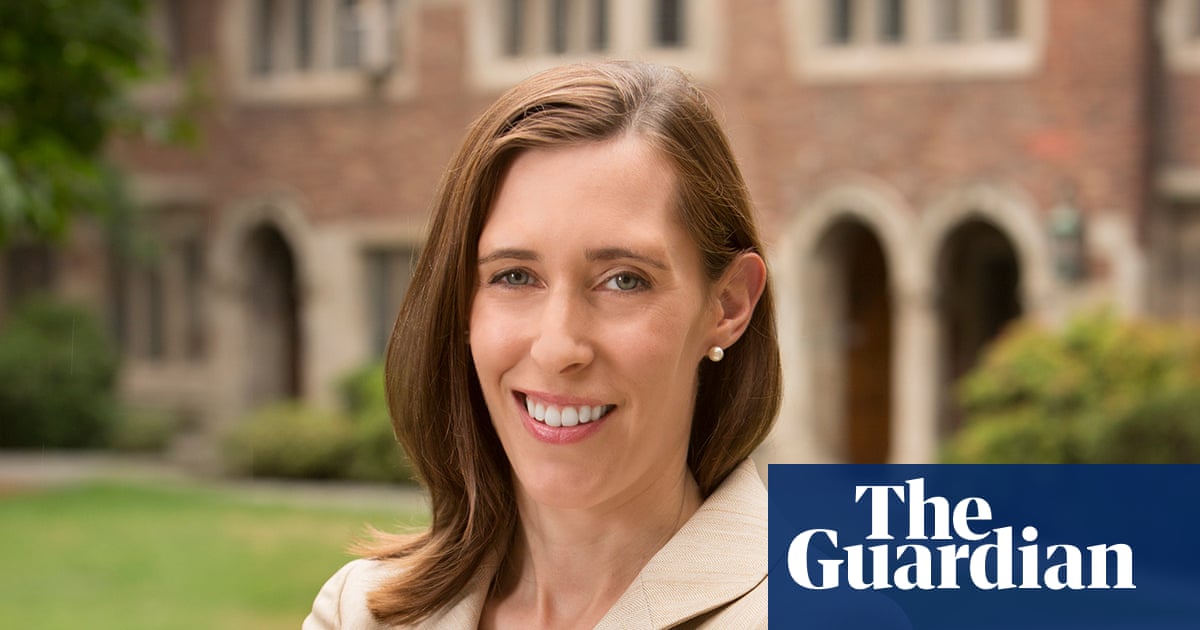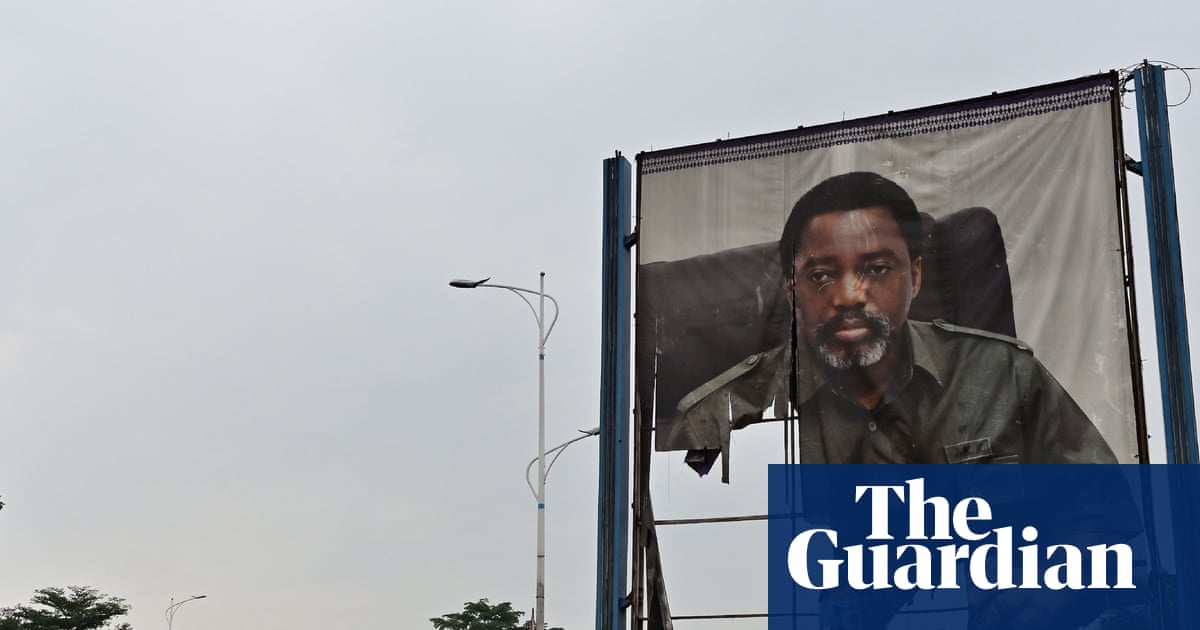Immigration advocates warned that the supreme court has “effectively legalized racial profiling”, granting federal agents the power to stop people in Los Angeles simply for speaking Spanish or appearing Latino – and opening the door, they say, to a broader unraveling of civil rights protections nationwide.
In a 6–3 decision on Monday, the court’s conservative majority lifted restrictions on “roving” immigration patrols across the LA area after a lower court found that federal agents were indiscriminately targeting people on the basis of race, language, employment or location.
The high court’s ruling alarmed civil liberties advocates and rattled immigrant communities in a county where one in three residents is foreign-born, and where the Trump administration’s aggressive immigration enforcement has already seen armed and masked federal agents detain residents, including US citizens, near bus stops, construction sites, churches and other public spaces with little explanation or due process.
At a news conference near a Home Depot in a heavily Latino neighborhood of Los Angeles, where raids in June sparked massive protests, the city’s mayor, Karen Bass, assailed the decision, saying the supreme court “has now given the green light for law enforcement to profile and detain Angelenos based on their race”.
Bass quoted from the forceful dissent issued by Justice Sonia Sotomayor, the first Latina to serve on the court, who warned: “We should not have to live in a country where the Government can seize anyone who looks Latino, speaks Spanish, and appears to work a low wage job. Rather than stand idly by while our constitutional freedoms are lost, I dissent.”
“I agree with her – I dissent,” Bass said. “We all dissent because from the beginning, we have known that Los Angeles has been used as a test case for total dominance and unchecked power by the federal government.”
The decision was released shortly before the Department of Homeland Security announced the start of a new immigration operation in Chicago on Monday, and as the Trump administration continues to carry out immigration stops in Washington DC as part of its unprecedented takeover of the nation’s capital.
Monday’s supreme court decision stems from a lawsuit challenging the tactics used in a series of aggressive immigration sweeps in the Los Angeles area. Plaintiffs argued that federal agents were targeting people without reasonable suspicion – in violation of the fourth amendment, which protects against unlawful searches and seizures.
In July, US district judge Maame Ewusi-Mensah Frimpong issued a temporary restraining order barring agents from stopping people based solely on four factors, alone or in combination, including race or ethnicity, speaking Spanish or accented English, being in certain public areas such as day laborer sites, or the type of work they do.
The administration celebrated the supreme court ruling as a “massive victory” for Trump’s aim to carry out the “largest mass deportation campaign” in US history.
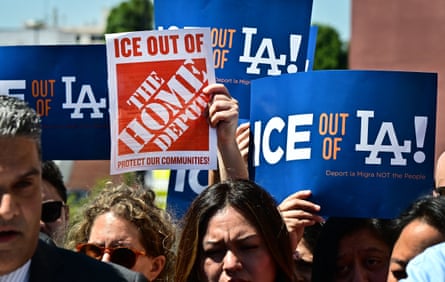
“DHS law enforcement will continue to FLOOD THE ZONE in Los Angeles,” the department declared on X shortly after the ruling.
In a separate post on X, attorney general Pam Bondi said the ruling means immigration enforcement agents “can continue carrying out roving patrols in California without judicial micromanagement”.
The justices did not offer a rationale for their order, which has become increasingly common in cases decided on the court’s so-called “emergency docket”. But in a concurring opinion, Justice Brett Kavanaugh, part of the conservative majority and a Trump appointee, cited Los Angeles’s large undocumented population and wrote that race can be a “relevant factor”, alongside other “common sense” indicators, such as employment in landscaping, agriculture or construction and limited English proficiency, in forming a “reasonable suspicion” to interrogate individuals about their immigration status.
In her dissent, Sotomayor said Kavanaugh’s description of the stops “blinks reality”. Among the plaintiffs in the case are two US citizens who say they were stopped and questioned.
“Immigration agents are now being given the power to profile, stop, detain, and arrest people because of the color of their skin, the language they speak, or the work that they do,” Armando Gudino, the executive director of the Los Angeles Worker Center Network non-profit and a plaintiff in the case, said at the Los Angeles press conference. “In doing so, they have effectively legalized racial profiling and by extension racial discrimination.”
Several speakers said the ruling punishes the very people whose labor powers the state’s – and the country’s – economy – and warned its effects would ripple through every sector of American life.
“California is the fourth largest economy in the world, not by accident, but because of the contributions of our immigrant communities,” said Eunisses Hernandez, a Los Angeles City councilmember who represents Westlake, a neighborhood advocates say has been traumatized by repeated immigration raids. “You don’t get to profit off of our labor and then criminalize our existence.”
In a statement, the California governor, Gavin Newsom, denounced the decision, saying: “Trump’s hand-picked Supreme Court majority just became the Grand Marshal for a parade of racial terror in Los Angeles.”
“Trump’s private police force now has a green light to come after your family – and every person is now a target,” the governor said. “But we will continue fighting these abhorrent attacks on Californians.”
While Monday’s decision allowed immigration agents to resume patrols using race as a factor, it is not the final say on the matter. A federal judge will hold a hearing later this month on whether to reimpose more permanent protections while the case makes its way through the lower courts.
During the peak of the raids earlier this summer, volunteers formed neighborhood patrols to watch for the presence of federal agents, while community groups organized food deliveries for immigrants too afraid to leave their homes.
According to Flor Melendrez, the executive director of the Clean Carwash Worker Center, about 81 car washes had been raided and nearly 250 workers were detained, as part of the federal immigration crackdown that separated families and detained children.
“Let this be your call to action, to stand with our community, to stand with workers,” Melendrez said at the Westlake press conference on Monday.
Taking the podium after her, Angelica Salas, a longtime immigrant rights activist and head of the LA-based Coalition for Humane Immigrant Rights (CHIRLA), gestured upward toward the apartment building where residents peered down from their windows.
“They’re the ones who have been witnesses to all sorts of attacks,” Salas said. A young boy pressed his face to the glass above a crowd of activists holding signs that read “Ice out of LA” and “Ice out of Home Depot”.
“We will continue fighting,” she vowed. “We will continue despite a lack of protection.”

 2 months ago
46
2 months ago
46
